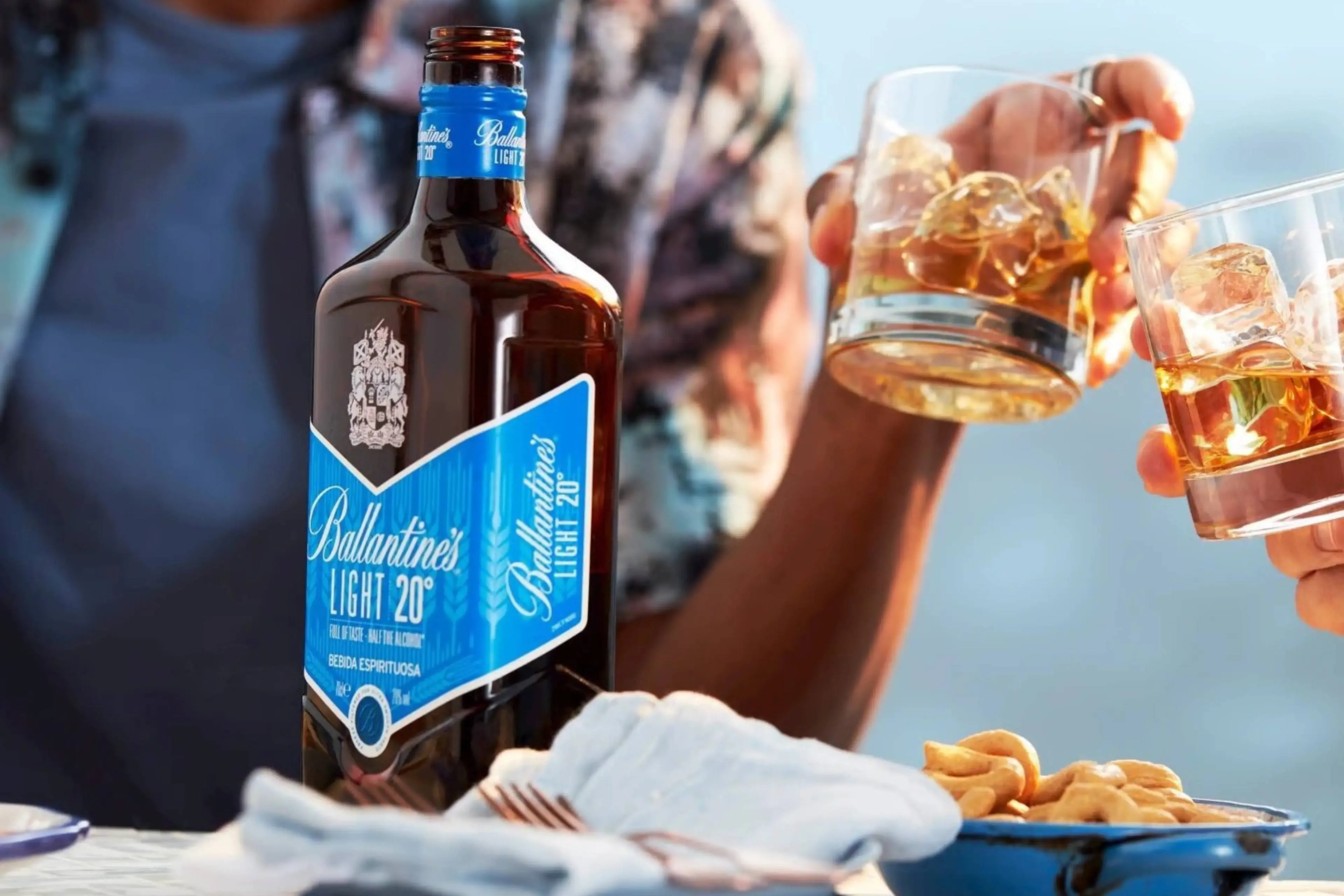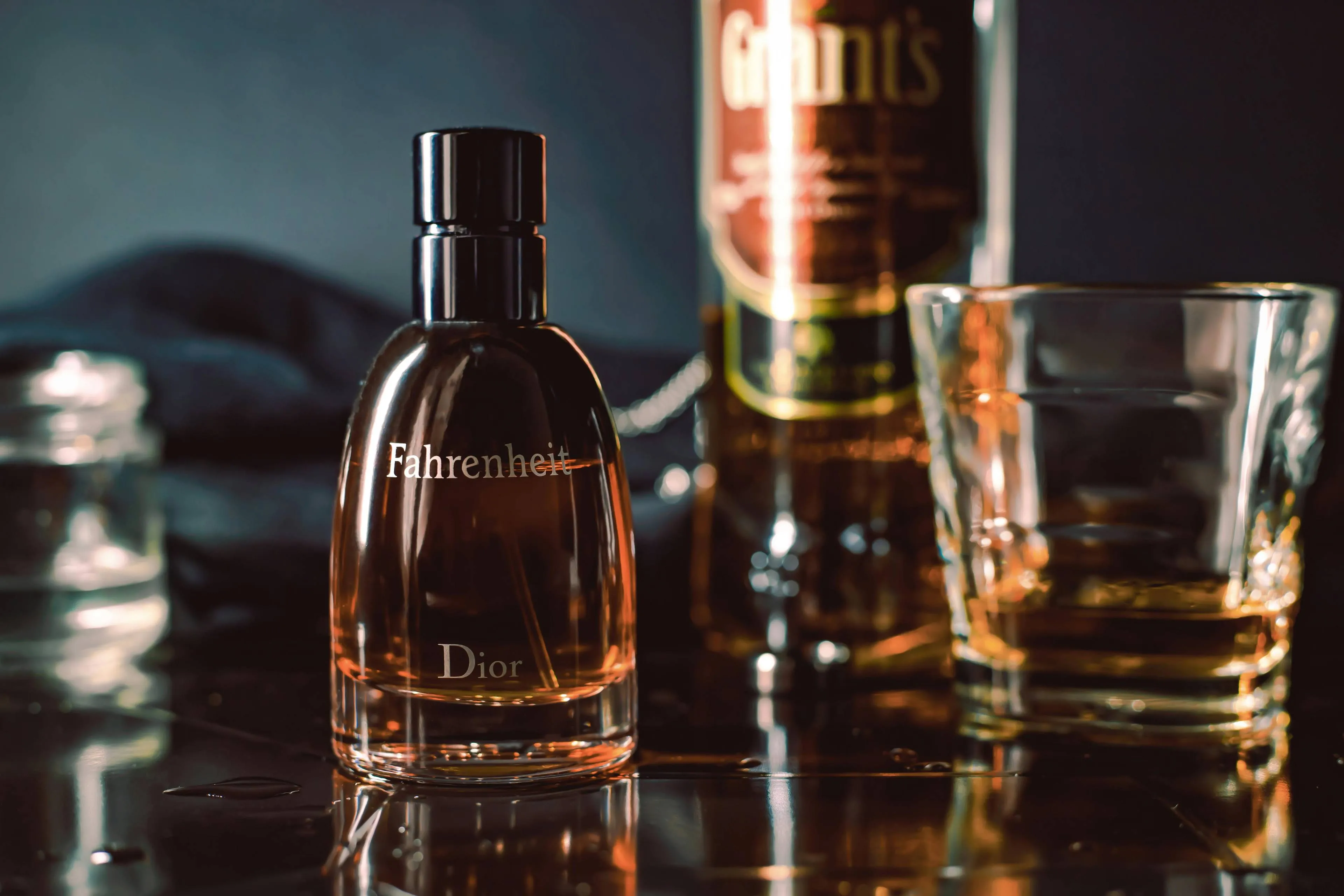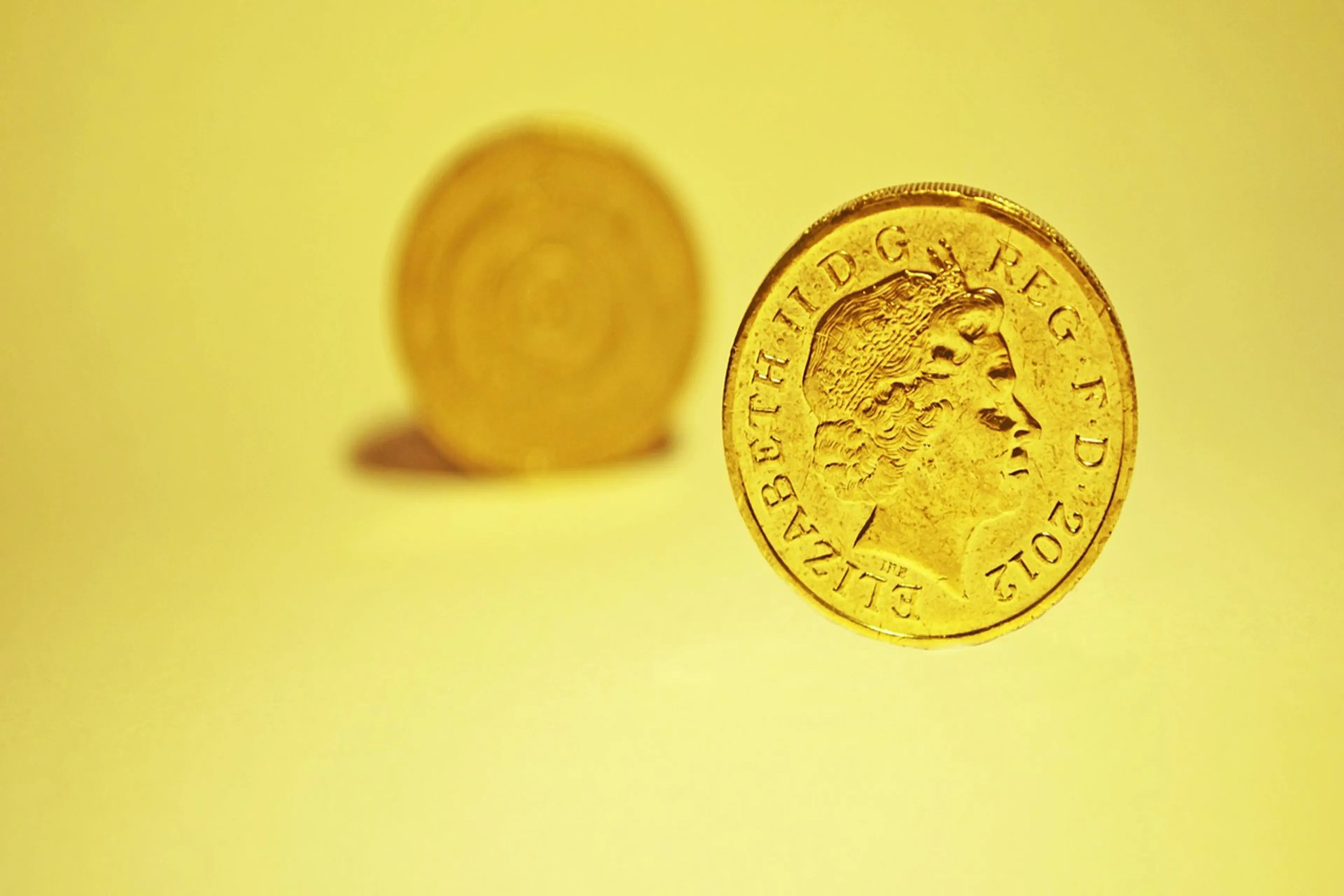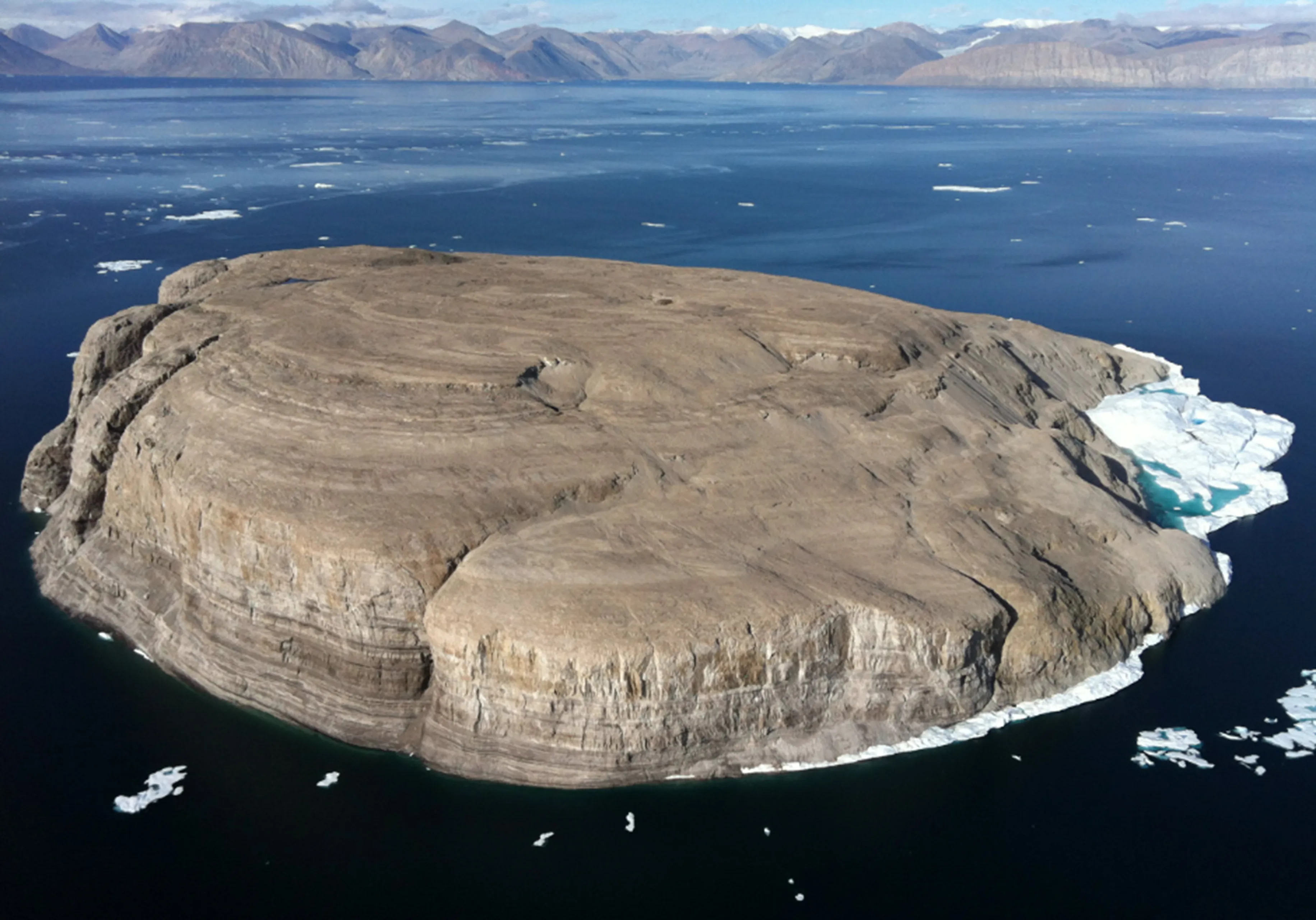
It's time again for a fun update from the whisky world. Welcome to another edition of Did You Know? Most likely, you don't. This particular whisky war was relatively peaceful, even though it lasted over a half-century.
The whisky war is a war unlike any other. Like many wars, it started out as a territorial dispute. Specifically, over an island named Tartupaluk (Greenlandic) or Hans Island (English for the Danish Hans Ø). The island is an uninhabited area of about 1.3 kilometers in Nares Strait, 300 kilometers from Qaanaaq, in Greenland.
A war with whisky and flags
Since the island lies between Canada and Greenland, both countries laid claim to it. The reason: the natural resources of the Arctic. Yes, if you Google the island you'll realize how strange the whole situation is because Hans Island is nothing more than a large rock in the water. Yet, a fierce battle was fought over it that took a, to say the least, peculiar turn.
In 1973, Canada and Denmark (to which Greenland belongs) drew a border through the Strait of Nares. Right in that waterway lies the island, sparking a debate: who did the island belong to? Both countries argued it was their territory, hence the tug-of-war ensued for the massive rock. The Danish Minister for Greenland Affairs went to the island in 1984 and planted a flag along with a bottle of whisky and note: ‘Welcome to the Danish island’.
Naturally, Canada couldn't let that fly, so they went on a mission of their own to plant their flag, along with a bottle of Canadian liquor. Since then, both countries have ventured to Hans Island numerous times to plant a flag with a bottle of alcohol and, of course, leave the requisite notes. No weapons were drawn, no one was injured (at least, not due to the dispute), but the war gained its branding: the whisky war.

Hans Island - Image: Wikimedia, by Toubletap - Own work, CC BY-SA 3.0
Whisky War Over After More Than Half A Century
In June 2022, only very recently, the war over Hans Island at last came to an end. There were no losers, but only winners. Why? The island was meticulously halved, with both Canada and Denmark receiving a share. Whether the many bottles left behind were part of a grand toast is unknown, but the Danish Minister Kofod of Foreign Affairs was happy with the outcome.
This just goes to show, a war can be fought with a spirited conversation and a glass of whisky.
Read also
loading
POPULAR NEWS
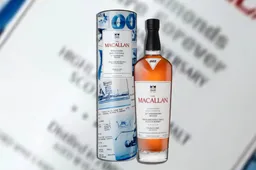
Update: The Macallan James Bond Diamonds Are Forever 55th Anniversary Whisky: This is What We Know
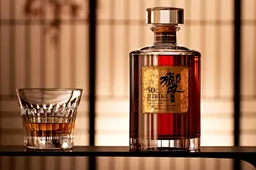
The World’s Best Whiskies of 2026: World Whiskies Awards Winners
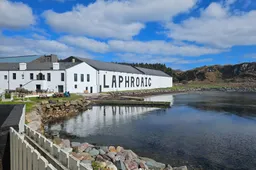
Whisky Slowdown Reaches Islay as Two Mayor Distilleries Scale Down
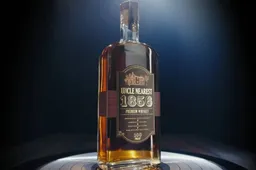
Uncle Nearest’s Financial Turmoil is Even Worse Than Everyone Thought
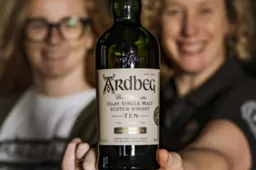
Bold, Peaty and Lush: You Don't Want To Skip The 2026 Ardbeg Committee Whisky
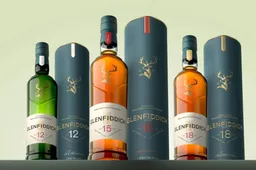
A Fresh Identity: Glenfiddich Introduces Sleek New Packaging
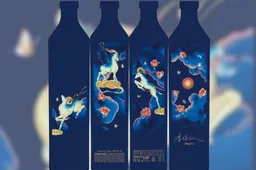
Johnnie Walker Unveils a New Limited Edition and It's Not the Year of the Horse Bottle
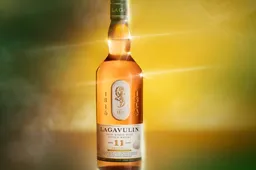
Lagavulin Unveils the 11-Year-Old Sweet Peat Whisky: Islay smoke with a mellow, sweet twist
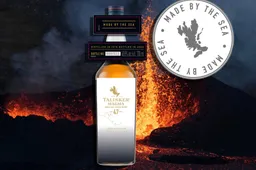
Talisker Magma Spotted: Ultra-Rare Single Malt Distilled in 1978 May Be Coming
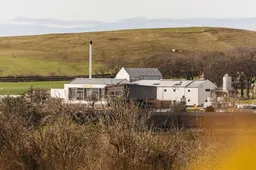
Diageo’s sweeping plans: jobs at Clynelish Distillery on the line
LATEST COMMENTS
- There is no distillery equipment there and also no licences to produce or sell alcohol.TRC19-12-2025
- Hi Yvonne, Thank you for your response and for sharing the video. Unfortunately, the evidence you referred to consists only of two people talking about the whisky, without any explanation or identification. We have not spoken to the individuals in the video ourselves, nor can we verify who they are. We describe it as a Chinese whisky because it is released by a Chinese distillery. As you mentioned, the distillery has chosen to label the product as “pure malt” instead of “Chinese whisky.” Based on that, we do not believe they are doing anything illegal.M0nkey16-11-2025
- So - you have the proof......where's your write up?Yvonne16-11-2025
- You are absolutely right. Luckily that doesn't matter for the taste of the whisky. Have you tried it yet?M0nkey05-11-2025
- Guess what? Finland is not part of Scandinavia.Gray105-11-2025
- Throw in the towel? You mean restructure to compete and win in a challenging industry environment.WestwardFounder21-10-2025
- There is nothing legally to prevent the English whisky GI from coming into force, it complies with all the relevant laws and the single malt definition follows the precedent of Welsh whisky and US whiskyChefBear15-10-2025
- Three emails sent (two with videos, linked to a Google Drive Share). 1. The original video. 2. The video with subtitles as it was shared on YouTube 3. Screen grab of the YouTube channel where the video was blocked due to Pernod Ricard lobbying. The story was covered on Drinks Intel at the time - link here - https://drinks-intel.com/subscriber-news/pernod-ricards-the-chuan-pure-malt-whisky-not-sourced-solely-from-china-global-drinks-intel-exclusive/Yvonne10-10-2025
- Hi Yvonne, Thank you for your interesting comment. Could you share your copy with us, so we can adjust our item accordingly? Mail us at [email protected]. Thank you in advance.M0nkey09-10-2025
- Let's keep this factually correct. Pernod Ricard DID NOT release a Chinese whisky. Their first output from The Chuan (the name of the distillery in Sichuan, China) wasn't fit for bottling. What they actually bottled was imported Scotch whisky. This is why the product is called "PURE MALT" and not "Chinese Whisky" - because Pure Malt is not a regulated term - this is not a secret. This was exposed about a week after they released it. There were even videos about their own staff on site admitting it was made from imported whisky - which Pernod Ricard got the lawyers onto to get the video pulled. I've got a copy if you want it.Yvonne09-10-2025
Loading
